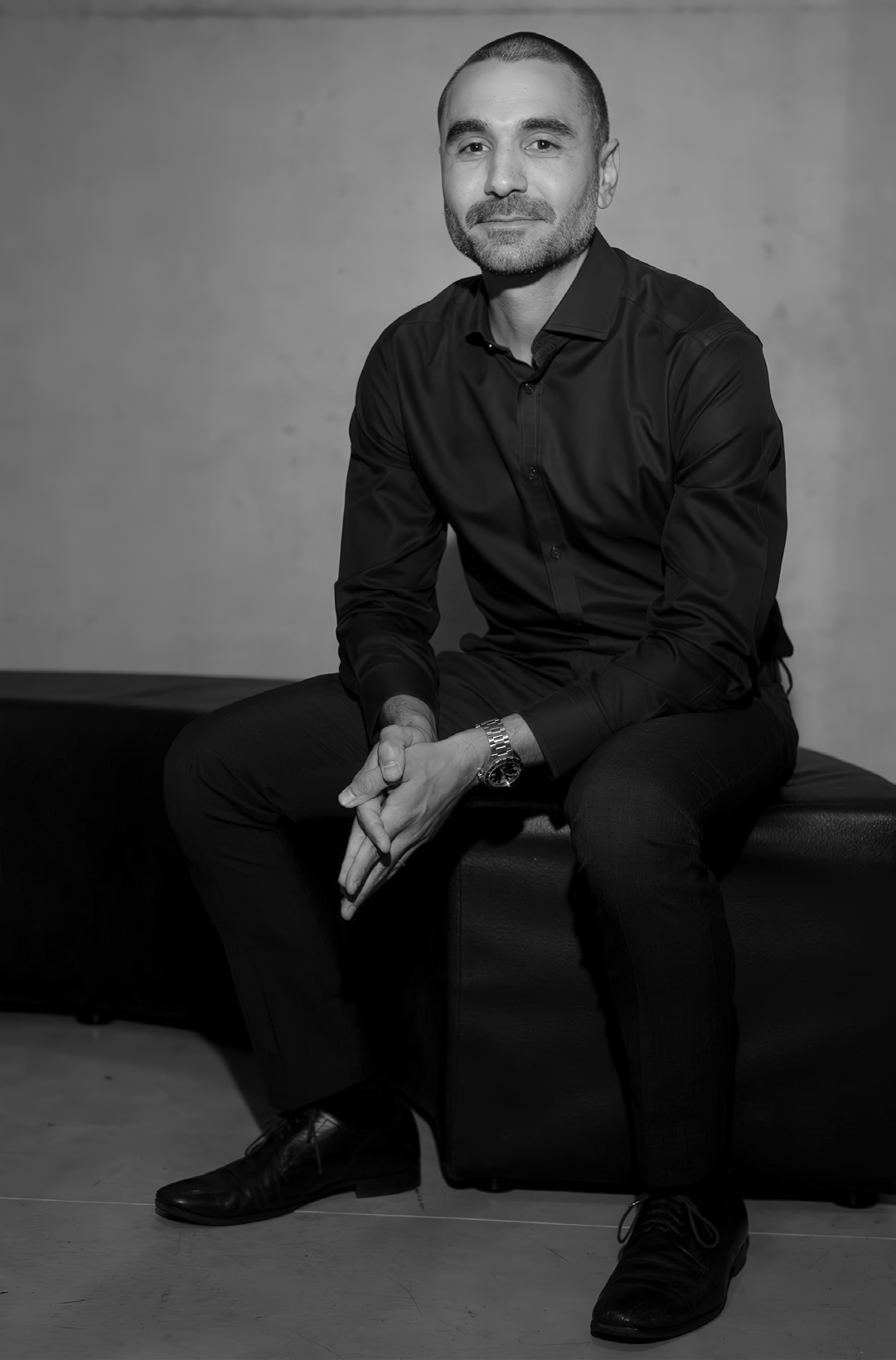Newsletter
Curiosity, not certainty, shaped my journey from a PhD lab to consulting and back to research. I discovered that skills like communication, critical thinking, and adaptability are more portable than I ever imagined. My story shows that stepping beyond your comfort zone can blend the best of academia and industry, and redefine what success looks like.
Bionote
Matheus Lourenço is a trainer at the Flemish Institute for Biotechnology (VIB), focused on Research Data Management (RDM) and personal development. A Marie Curie alum with a PhD in Psychology from KU Leuven and Maastricht University, Matheus’s research on the assessment and treatment of tinnitus included innovative methodologies, including Single-Case Experimental Designs (SCED or n-of-1 trials) and Ecological Momentary Assessments (EMA). With experience spanning both academia and consulting, he has delivered impactful training sessions and workshops for a wide range of audiences, from students to senior managers at globally leading pharmaceutical companies. Matheus is dedicated to empowering researchers with practical knowledge and tools through clear, engaging communication. His ability to connect with diverse audiences is rooted in his international experience, having lived and worked in Brazil, Canada, the USA, the Netherlands, Portugal, and Belgium.

Matheus Lourenço
There was no epiphany. No dramatic turning point. Just a curiosity for the other side. I had spent my PhD studying the effects of Cognitive Behavioural Therapy in tinnitus patients. The work was interesting, but I found myself in need of a faster pace, one not burdened by publication cycles and grant applications.
After months of aimless searching, I came across a consulting role at Trilations. The title of the position didn’t speak to me, but the description mentioned the necessity of some statistical knowledge, critical thinking, and healthcare affinity, all within a fast-paced, results-driven environment. I was hooked.

From bench to boardroom: Lessons from a non-linear career
In the interviews, I laid bare my lack of industry experience but also my desire to explore a new career path. I explained that my PhD had given me the necessary skills for the work, not to mention that my research was in a healthcare context. I received a fair offer that would put me at a lower level due to my lack of experience.
Consulting was a new world for me — quick, unpredictable, and focused on outcomes. It wasn’t idealistic; it was pragmatic. And since a large part of the job required designing and analysing market research in healthcare, it turned out that a lot of what I’d learnt in academia was useful. My statistics training helped with study design and analysis. My psychology background helped shape better surveys. My time in healthcare (i.e. hospitals and clinics) gave me a superficial understanding of healthcare systems and people. Years of research presentations meant I could explain complex topics to audiences who were not experts.
Over time, I took on more responsibility: managing clients, coaching junior colleagues, contributing to the innovation team, and even presenting to board members. I learnt that good enough can be better than perfect and that success was measured in deliverables, not citations.
After three happy years, I found myself thinking about the next steps. While I’d grown and enjoyed the ride, I also missed the sense of meaning that academia had given me. I wanted to find something that combined the speed and practicality of industry with the depth of academia.
Once again, I started looking — aimlessly, as before. I did not consider myself a specialist in anything. I had not yet noticed all that consulting had equipped me with. After talking with a career specialist, I came to realise that I had a wide range of valuable skills. I had learnt how to manage expectations, communicate with different stakeholders, guide multidisciplinary teams in effective strategies, answer complex business questions through pragmatic research design, manage budgets, lead teams, handle stress, and also how to fail and bounce back. Most of all, I’d developed a strong style in communication — shaping presentations, telling stories that inspire change, and engaging different kinds of audiences.
Not long after I recognised these new skills, I saw a vacancy at the Flemish Institute for Biotechnology (VIB), a highly regarded institute in life sciences that sits between academia and industry by funding and supporting research while also incubating biotech spin-offs. They were looking for someone to lead their Research Data Management (RDM) and GDPR training offering. I had no background in life sciences, but I applied anyway. The interviews were rigorous, and I was honest. I did not have experience in life sciences — experience that other candidates might have. But what I did have was broad and varied knowledge in different research settings, which allowed me to bring unique and interesting takes on the topics. More importantly, I had a passion for presenting and communicating knowledge effectively. I was hired.
At VIB, I joined a team that welcomed my mixed background. In addition to training, I have helped with internal projects, strategy discussions, and more. I was given space to shape the RDM programme and encouraged to experiment. One aspect of this is my goal of making data management training more engaging by creating storylines in every session, something that I picked up in the industry.
Looking back, the common thread in my career hasn’t been a specific field or sector, but a consistent focus on communication: between data and decisions, people and teams, and ideas and action. In a world that often rewards specialisation, I’ve come to value being a generalist.
For those contemplating a change, I offer no formula. Only this: your experience is more portable than you think. And the discomfort of not knowing what comes next is often the first sign that something new is possible.
Matheus Pereira da Cruz Gomes Lourenço
Orcid
Flemish Institute for Biotechnology
matheuslourenco@me.com
















